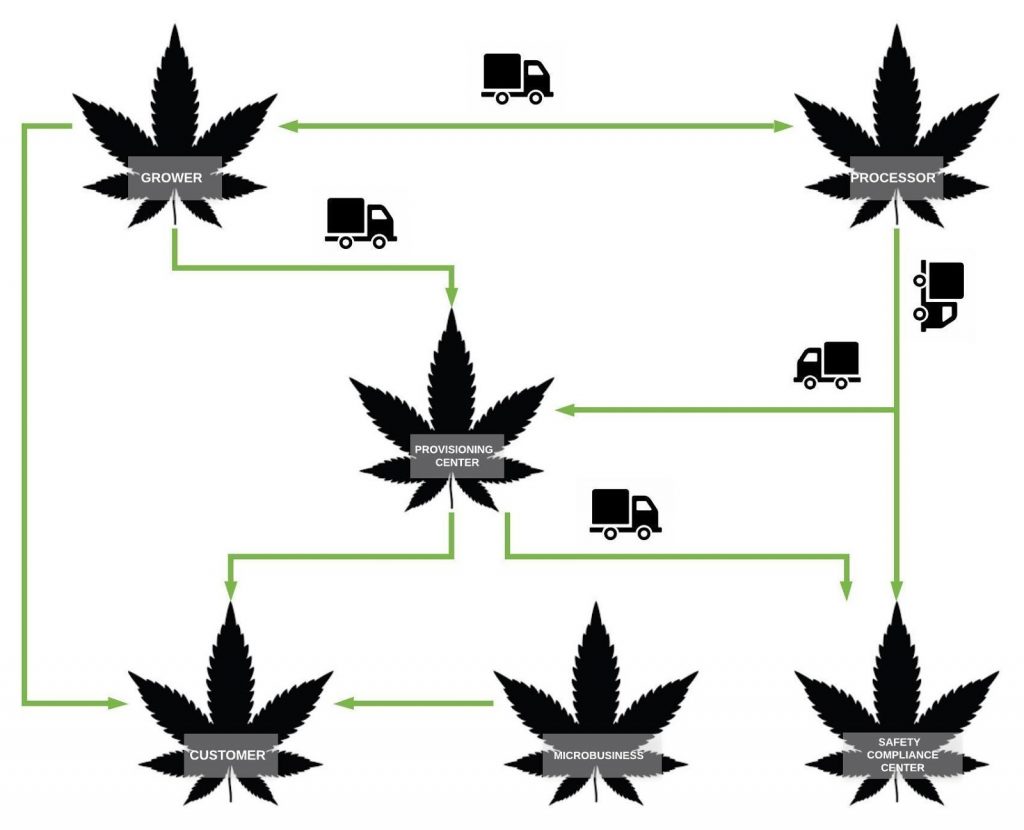By Shelley Swearingen | July 14, 2020
Why is security so important?
Security protocols dictate how an organization plans to protect their employees. Security protocols set forth how a business will protect their bottom line. Cannabis security planning protocols establish how a facility will safeguard & protect inventory and cash. All of these plans and protocols affect the bottom line, and therefore should be on the forefront of every stakeholder’s mind.
A good security plan should:
Why do security guidelines vary from state to state?
Cannabis is illegal at the federal level. In recent history, the federal government has stayed out of the way of states and allowed states to govern these sectors independently. This means that when marijuana is legalized within a state, the state government must create an entire market and all the rules and regulations that go along with it. Some states will look to other places that have implemented successful programs, and some just wing it.
Some states have very little regulatory requirements when it comes to the operation of businesses, and certain areas of concern that are normally heavily regulated in other industries (like security) are barely glossed over in the legislation. This is due to the illegal status of the substance at the federal level. Many states anticipate marijuana becoming legal nationwide at some point. When this happens, no action would be needed as federal law supersedes state law.
Why is compliance so important?
Staying compliant means staying operational. Facilities operating within a legal marijuana market are subject to random inspections. If a facility didn’t pass an inspection, it could be slapped with a hefty fine and/or forced to close until the infraction is brought up to standard. This means lost sales on top of expensive fines & the facility could take a hit to their reputation. Remember: a facility will never be fined for being too safe. It may seem daunting to spend (invest) a large sum into securing a facility, but down the road – it makes fiscal sense.
What implementations should a facility employ?
From license application and project inception to completion, KL Security uses a holistic approach to help plan, create, design, and build compliant security solutions & systems to meet a business’s goals, brand, and mission. With successful projects in place in dispensaries, pharmacies, cultivation facilities, craft growing facilities, secure transporters, and testing facilities, the experts at KL Security have the experience to help facilities pass inspections, stay compliant, and drive revenue. Contact a consultant to see how KL Security can help simplify the process and provide successful results.
Call 866-867-0306 or email [email protected]
Information has been gathered from sources deemed reliable but not guaranteed and is subject to change without notice.





